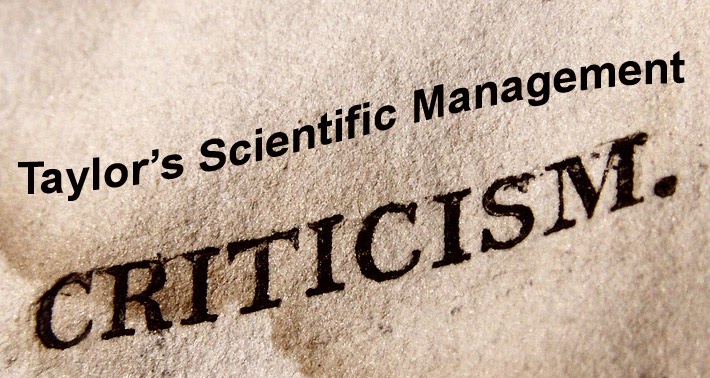Frederick Winslow Taylor was an American mechanical engineer and management consultant who is known as the father of scientific management. He was born in 1856 and spent much of his career working in the manufacturing industry, where he observed firsthand the inefficiencies and wasted effort that he believed were hindering the productivity of workers. In response, he developed a theory of management that he believed could improve productivity by using scientific methods to analyze and optimize work processes. This theory, known as scientific management, became widely influential and remains an important part of modern management practice.
According to Taylor's theory, the key to improving productivity is to break down work into its smallest possible components and then optimize each component for efficiency. This process involves carefully analyzing each step of a work process and identifying ways to eliminate waste and improve efficiency. Taylor believed that this could be achieved through the use of standardization, time and motion studies, and the use of specialized tools and equipment.
One of the main principles of scientific management is the concept of "one best way" to perform a task. Taylor believed that there was a single most efficient way to complete any given task, and that it was the role of management to identify and implement this method. This approach was in contrast to the traditional view of management, which was based on the idea that each worker had their own unique way of performing a task and that it was the role of management to accommodate these differences.
Another important principle of scientific management is the concept of "differential piece rates." This is a system of pay in which workers are paid based on their output rather than the amount of time they spend working. Taylor believed that this would incentivize workers to work more efficiently and increase their output.
Scientific management was met with widespread acclaim when it was first introduced, and it remains an important part of management practice to this day. However, it has also been criticized for its lack of flexibility and its tendency to oversimplify work processes. Additionally, some have argued that the focus on efficiency and productivity has come at the expense of the well-being and satisfaction of workers.
Overall, Frederick Taylor's scientific management theory has had a lasting impact on the field of management and continues to be a relevant and influential approach to improving productivity and efficiency in the workplace.
Ethical behavior in business refers to the actions and decisions made by individuals and organizations that adhere to moral principles and values. It involves being honest, fair, and respectful towards others, and taking responsibility for the impact of one's actions on stakeholders such as employees, customers, suppliers, and the community.
There are numerous benefits to practicing ethical behavior in business. First and foremost, it helps to build trust and credibility with stakeholders. When individuals and organizations act in an ethical manner, they demonstrate their commitment to doing the right thing and being transparent. This can lead to increased customer loyalty and a positive reputation, which can translate into long-term financial success.
In addition, ethical behavior can improve relationships within the workplace. When employees feel that their employer is acting in an ethical manner, they are more likely to have a positive view of the organization and be more motivated to do their best work. This can lead to increased productivity and a more positive work environment overall.
Ethical behavior is also important for compliance with laws and regulations. By following ethical principles, individuals and organizations can avoid legal consequences and fines, and ensure that they are operating in a manner that is consistent with the laws and regulations of the industry in which they operate.
Furthermore, ethical behavior can contribute to the overall well-being of society. When businesses act ethically, they can have a positive impact on the community and the environment. For example, they may choose to use environmentally-friendly practices, engage in philanthropic activities, or support diversity and inclusion initiatives. This can help to create a more sustainable and equitable world.
In conclusion, ethical behavior in business has numerous benefits. It helps to build trust and credibility with stakeholders, improve relationships within the workplace, ensure compliance with laws and regulations, and contribute to the overall well-being of society. As such, it is essential for individuals and organizations to prioritize ethical behavior in their business practices.








